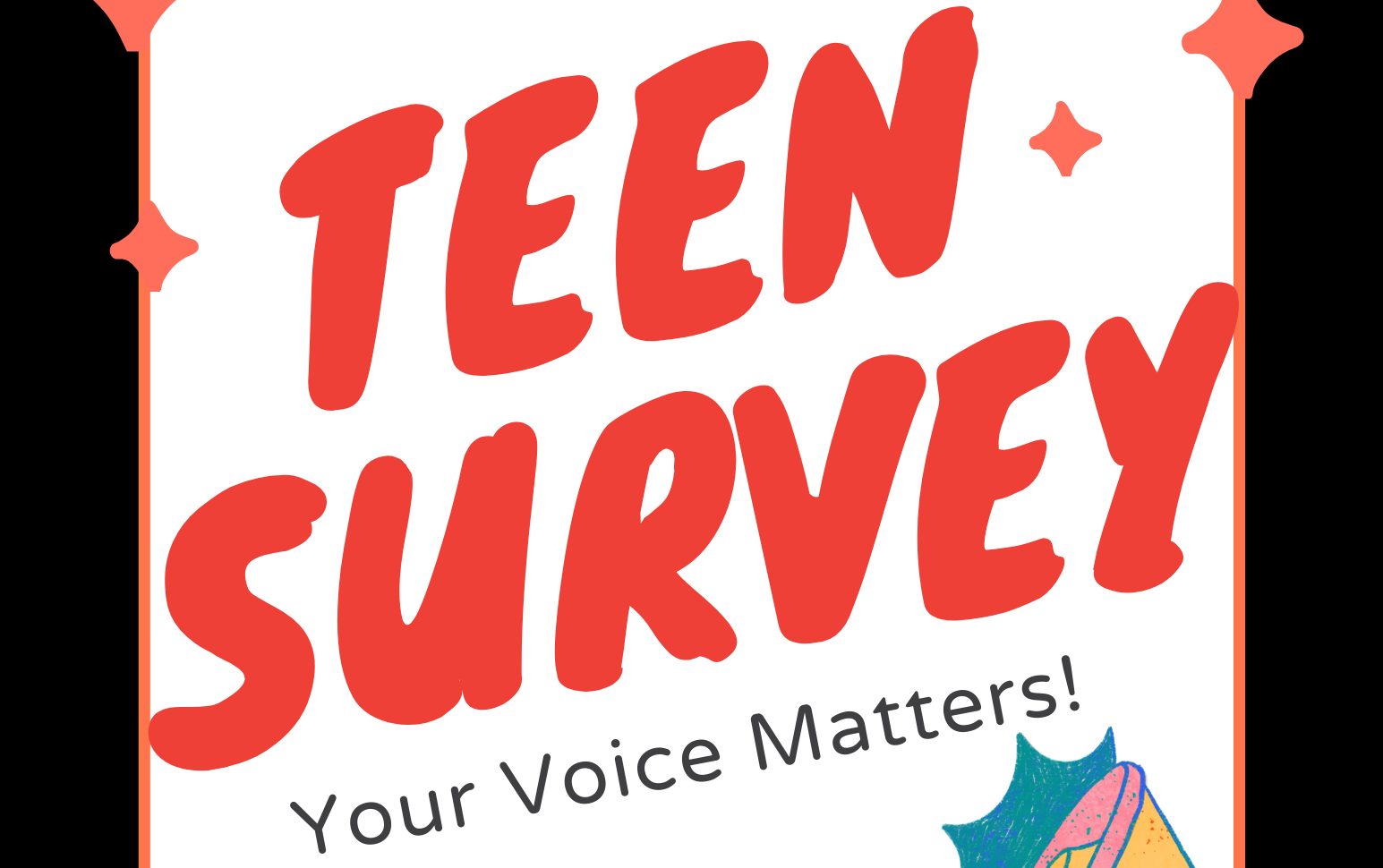Defining Underlying Condition
All over the media, we have heard the term “underlying condition,” a chronic medical ailment that can lead to more significant health concerns. Most people frame underlying conditions within one’s physical body, but what about in the mental capacity? In this way, underlying conditions are not always obvious or even discussed.
As humans, we tend to internalize and let traumatic moments settle in our minds and hearts. Eventually, unresolved feelings will irritate our emotions, thought processes, actions, and body — and lead to depression and anxiety. Over time, this can grow to become your overall state.
My personal experiences helped me realize how underlying conditions can fester in the body and affect my mental health. I was in a toxic environment during my childhood. My parents had marital difficulties and eventually divorced. This period was a time of constant arguing and conflict, which resonated in my being. Not acknowledging these issues led to my actions shifting negatively. Instead of trying to resolve the problem, I worked the hurt away.
Our job is to pinpoint the origin of these conditions and stop them from taking residence in our bodies.
What is your “Underlying Condition?”
I want you to trace back to a time when you were longing for something. You sought out this something to fill a void in your mind or heart. You were experiencing pain so unbearable that you wanted relief, no matter how temporary.
Mental underlying conditions can stem from losing a loved one, fear, abandonment, resentment, loneliness, and pain. There is something rooted inside all of us that needs healing. If your conditions continue to persist, it can worsen and reflect in your actions and presentation. The way these experiences and feelings manifest prevent you from being the best you that you can be.
The Interior
With an underlying condition, a whirlpool of emotions settles beneath the surface. One keeps vulnerabilities in their interior being and unconsciously tries to suppress emotions such as fear, stress, and anger. They only show up through your exterior when you’re pushed to the limit. Almost like a shaken-up bottle of soda, the pressure is continually climaxing and will eventually explode. Bottling these emotions can alter your life significantly.
For many people with emotional displacement, their underlying condition can stem from trauma. From this trauma, vulnerability develops. By trying to prevent that feeling again, they develop defense mechanisms that mask underlying conditions and “misdiagnose” their true problems.
For instance, if you were in an abusive relationship, you may use deflection when lashing out. You’re fearful of experiencing that hurt again, so you avoid connecting or being vulnerable with others. Instead of recognizing your behavior as an emotional issue with past trauma, you may internalize it as ‘I’m just antisocial.’ Attaching these labels to your problems is a tactic you use to normalize the behavior. These sheltered emotions can change your spirit and outlook on life.
The Exterior
People present their exterior to the world. It is what we see, and everyone’s presentation is different when carrying their emotions. Some chose to conceal their emotions by putting up a facade. This “mask” acts as a barrier to keep their real emotions from being revealed. “The more we wear these masks and play someone else’s role, the further away we are from our authentic selves,” writes Author Elaine Dundone of the Global Meaning Institute. “We lose trust and confidence in ourselves when we let others determine who we should be. Swayed by the opinions of others, we lose our own thoughts and start to second-guess ourselves.”
I have always heard during my childhood, “You never know what’s going on behind closed doors, so choose to be kind.” Anybody in your circle could be suffering, and you’d have no idea.
I read a poem by Edwin Carlington called “Richard Cory” that illustrates this very idea. In the poem, Cory is a common rich man who walks across an impoverished town. He is a great sight to the community, as he appears to be very well put together and kind. Everyone admires Cory and wants to be like him. The story goes on to express how great of a man he is. You would never guess the inconceivable happens. Cory shoots himself in the head. He deceived the whole town. Although we don’t know the reason behind Cory’s suicide, we can presume that this poem means your appearance and social or financial status don’t guarantee happiness.
When one feels bad because their reality doesn’t meet society’s standards, they feel pressured to conform to the status quo of “good vibes only.” It is not until their underlying condition reaches its breaking point that those true emotions surface. Others deal with their underlying conditions openly using stress relievers. Not all of them are positive. People tend to use drinking, drugs, sex, sleeping, and eating to subside the pain they’re feeling. I’ve heard many teenagers say they use these things because it makes them feel good at the moment. Key phrase: “at the moment.” The things you do have long-term effects on your life. You truly have to make a conscious decision on what you do, because one mistake can lead you in the wrong direction. The world will define you by your past and the way you act. Others are not able to see that there is more to the story. There is more within you than that.
Establishing the Remedy
We are bound to experience pain in our lives, but to sit in misery is unacceptable. We want to transform our minds and renew our hearts to form better thoughts and feelings. Here are some steps I am taking in my healing journey that may be helpful for you.
First, you need to acknowledge the trauma you experienced. Realize and accept that this plays a significant role in your state. You can’t allow this to be a recurring problem. Otherwise, your pain will control you.
Second, determine the root of the trauma. Throughout your life, you’ll have many experiences; some will be detrimental to you. It is your job to create a place of peace with these experiences.
Third, manage the root of the problem and try to prevent your trauma from happening again. Your experience may have been because of other people in your lives. Whether it is a family member, friend, or significant other, you need to lay a foundation for closure. You want to take out or positively manage any negative energy in your environment. You may not get the perfect closure you want from others, but you can create a personal response plan for future triggers.
Fourth, develop positive coping mechanisms. There are so many ways you can keep yourself at ease. To name a few, you can take walks, engage with nature, write or draw about how you’re feeling, or spend some time in solitude to think. All these things will help in promoting better living and better thinking. What you’ve experienced in your past does not define who you become in the future.
Dealing with underlying conditions can be tough to do alone. Mental health professionals provide a safe space for you to name your problems and work through them. Start with the resources below to find a virtual therapist for you:
Resources
Teen Counseling, a sister site of BetterHelp, lets parents match their youth with a licensed therapist specializing in teen mental health. From there, teens use an app to connect with their therapist via text, phone, and video.
Talkspace for Teens differs from Teen Counseling because it allows teens to initiate the intake process, without needing their parents as a middleman. Parents are only involved in approving counseling or unless your life is in jeopardy.




